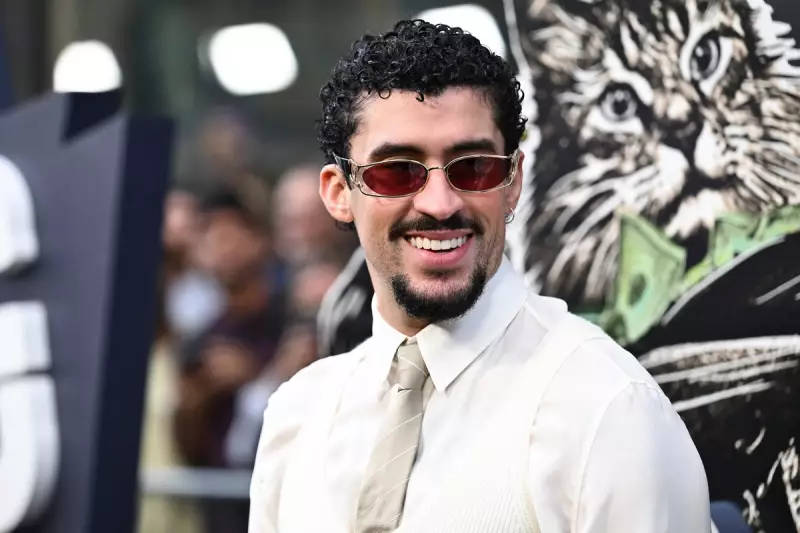
In the latest skirmish of America's endless culture wars, firebrand Republican congresswoman Marjorie Taylor Greene has set her sights on global music phenomenon Bad Bunny, delivering a scathing critique of his recent Super Bowl halftime performance.
The Political Attack on Pop Culture
The Georgia representative took to social media platform X to voice her displeasure, declaring the Puerto Rican superstar's show "terrible" and accusing him of promoting what she termed "pro-paedophile society" content. This explosive allegation appears to reference lyrics from Bad Bunny's 2022 track "A Tu Merced" that Greene has previously misinterpreted and taken out of context.
The controversial politician's outburst came during what many considered one of the most watched musical performances of the year, demonstrating how even entertainment events are increasingly becoming battlegrounds in America's deepening political divisions.
A Pattern of Controversial Statements
This isn't the first time Greene has targeted high-profile Latino artists. She previously attacked Colombian singer Karol G in a similar manner, suggesting her music videos contained inappropriate content. These attacks form part of a broader pattern where the congresswoman positions herself against what she perceives as declining moral standards in popular culture.
Political analysts note that such statements resonate with Greene's base while generating significant media attention, though they often draw criticism for their inflammatory nature and factual inaccuracies.
The Reality Versus the Rhetoric
Despite Greene's characterisation, Bad Bunny - born Benito Antonio Martínez Ocasio - has become one of the most successful and influential artists of his generation, known for blending reggaeton with various musical styles while addressing themes of Puerto Rican identity, mental health, and social justice.
The Super Bowl LVIII halftime show, which also featured performances from Usher, attracted over 120 million viewers in the United States alone, with many critics praising the spectacle's energy and celebration of Latin music.
As cultural figures increasingly find themselves drawn into political debates, Greene's latest comments highlight the growing intersection between entertainment and partisan politics in contemporary America.






